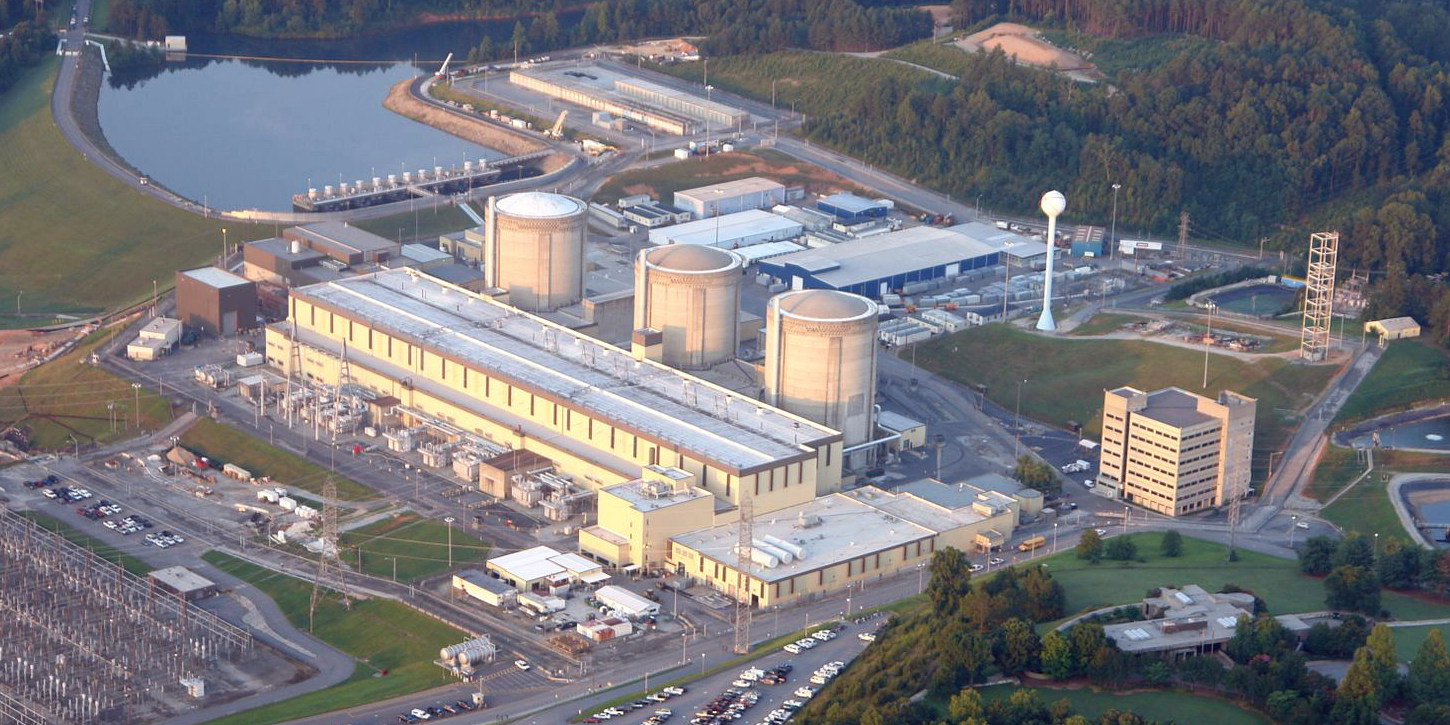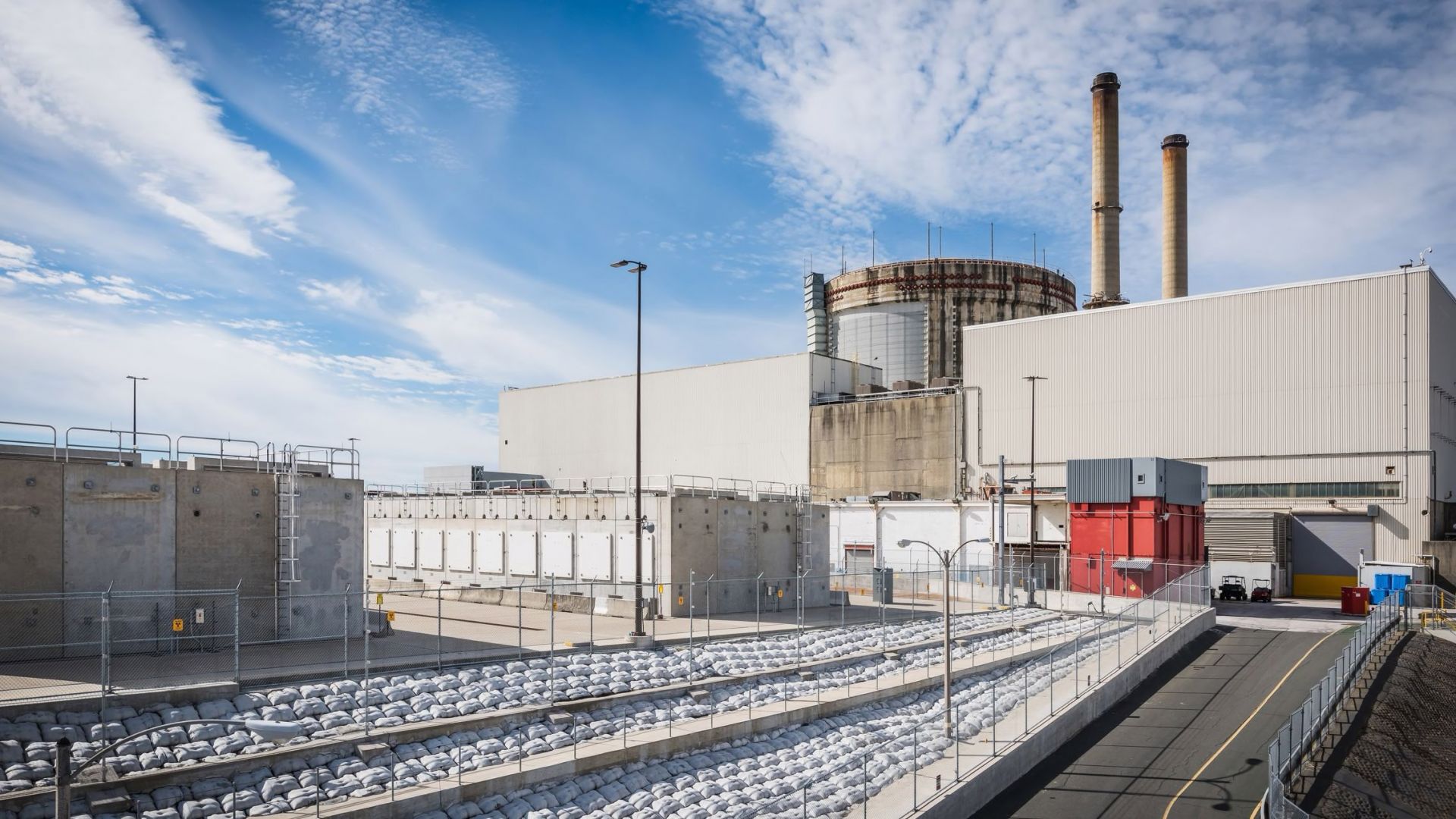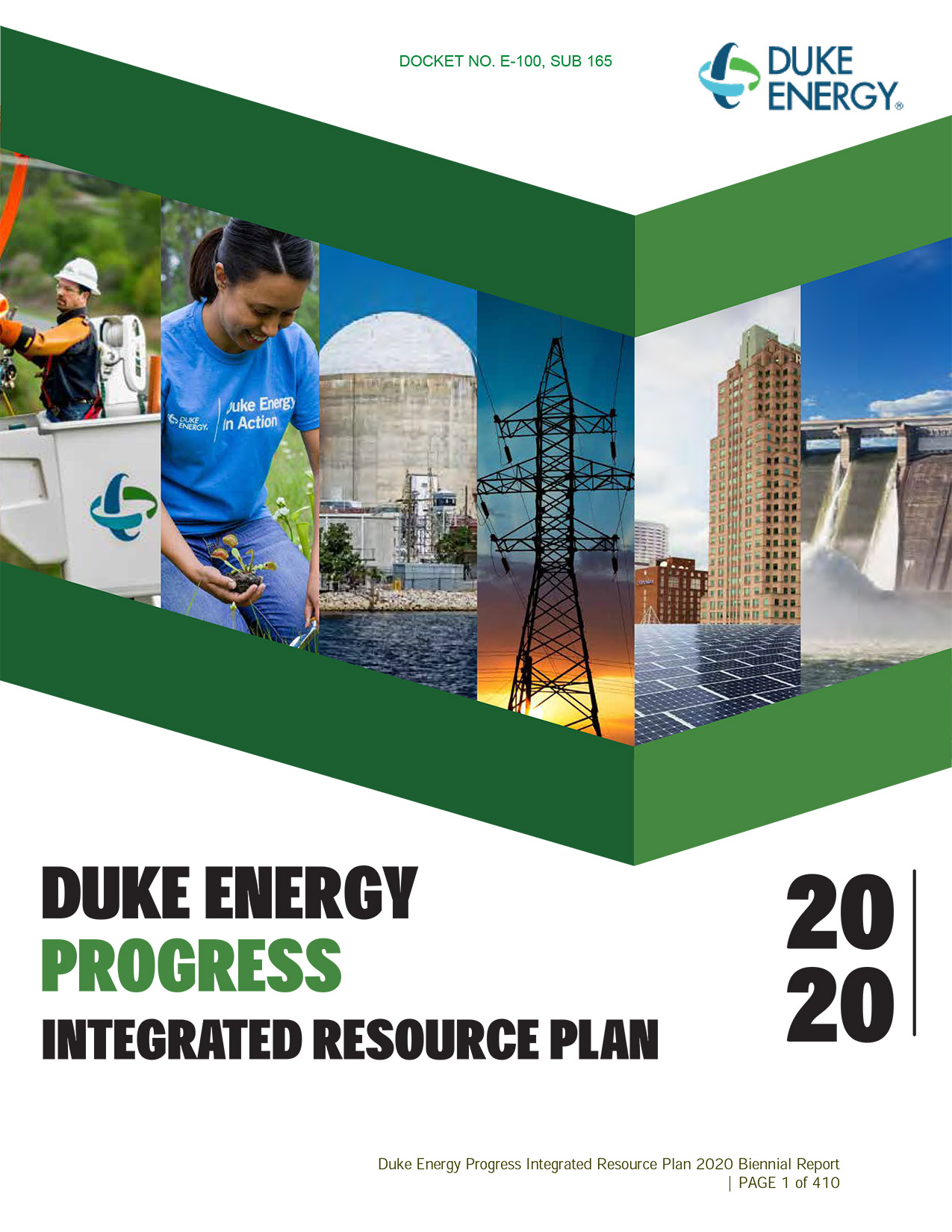Duke files SLR application for Oconee

Duke Energy has filed a subsequent license renewal (SLR) application with the Nuclear Regulatory Commission for the Oconee nuclear plant reactors, the Charlotte, N.C.–based utility announced on June 21.


Duke Energy has filed a subsequent license renewal (SLR) application with the Nuclear Regulatory Commission for the Oconee nuclear plant reactors, the Charlotte, N.C.–based utility announced on June 21.
The Nuclear Regulatory Commission has approved Duke Energy’s February 2020 request to increase the capacity of the Oconee nuclear power plant’s three reactors by approximately 1.64 percent, the agency announced February 3. The agency added that the boost to the units’ heat output could be accomplished largely through more accurate means of measuring feedwater flow. The license amendments authorizing the uprates were issued to Duke on January 26.
Specifics: Located in Seneca, S.C., Oconee houses three two-loop pressurized water reactors. The power uprates will raise the generating capacities of the units as follows:
Duke intends to implement each reactor’s uprate in a phased approach based on refueling schedules, the NRC said.
The Department of Energy has put two reactor designs—TerraPower’s Natrium and X-energy’s Xe-100—on a fast track to commercialization, each with an initial $80 million in 50-50 cost-shared funds awarded through the Advanced Reactor Demonstration Program (ARDP). In all, the DOE plans to invest $3.2 billion—with matching funds from industry—over the seven-year demonstration program, subject to future appropriations.
Energy Secretary Dan Brouillette announced the awards late in the day on October 13 in Oak Ridge, Tenn., and said, “These awards are a critical first step of a program that will strengthen our nation’s nuclear energy and technological competitiveness abroad, and position our domestic industry for growth, for increased job creation, and for even more investment opportunity. It’s absolutely vital that we make progress on this technology now.”
Graph: EIA
Of the 10 U.S. power plants that generated the most electricity in 2019, nine were nuclear plants, a recent report from the U.S. Energy Information Administration states.
These 10 facilities produced a combined 230 million megawatt hours of electricity last year, accounting for 5.6 percent of all electricity generation in the United States, according to the report. The report also notes a shift in the makeup of the top plants over the past 10 years, from a mix of nuclear and coal-fired generators in 2010 to nearly all nuclear in 2019.
Coal’s share of U.S. electricity generation dropped from 45 percent in 2010 to 23 percent in 2019, the reports says. Stricter air emission standards and decreased cost competitiveness relative to other generators are given as the key reasons for coal’s decade of decline.

The Crystal River-3 nuclear power plant
Duke Energy and Accelerated Decommissioning Partners (ADP) on October 1 announced the completion of a transaction to begin decontaminating and dismantling the Crystal River-3 nuclear power plant this year instead of in 2067. ADP, a joint venture of NorthStar Group Services and Orano USA formed in 2017, was chosen by Duke Energy in 2019 to complete the decommissioning of the pressurized water reactor by 2027—nearly 50 years sooner than originally planned.
The Nuclear Regulatory Commission approved the transfer of Crystal River’s operating license from Duke Energy to ADP on April 1, and the Florida Public Service Commission unanimously approved the transaction on August 18. Duke Energy permanently ceased operations at Crystal River-3, in Citrus County, Fla., in 2013, initially placing the reactor in safe storage (SAFSTOR), whereby the decommissioning work would begin in 2067 and end by 2074.
Three companies that are part of a larger collaboration to develop and demonstrate Natrium, the fast reactor design recently introduced by TerraPower and GE Hitachi Nuclear Energy (GEH), were invited to participate in a webinar hosted by ClearPath to talk about Natrium’s design, fuel requirements, and load-following potential.
The September 21 webinar, titled “Natrium: Latin for Sodium, Big for Advanced Nuclear,” was moderated by Rich Powell, executive director of ClearPath, and featured TerraPower’s Chris Levesque and Tara Neider, Centrus Energy’s Dan Poneman, and Duke Energy’s Chris Nolan.
Over the past three years, some of the country's biggest utilities have been committing to weaning themselves off carbon-emitting generation by 2050, reported a September 16 story from Green Tech Media (GTM).
Here's a look at the five largest U.S. utilities by market capitalization that have set net-zero targets so far:
 Duke Energy Progress and Duke Energy Carolinas have filed their 2020 Integrated Resource Plans (IRPs) with state regulators, parent company Duke Energy announced September 1.
Duke Energy Progress and Duke Energy Carolinas have filed their 2020 Integrated Resource Plans (IRPs) with state regulators, parent company Duke Energy announced September 1.
The plans outline a range of options to achieve varying levels of carbon reduction, including, for the first time, potential pathways to achieve up to 70 percent carbon-emission reduction through policy and technology advancements.
Aggressive carbon-reduction targets are attainable, the company said, with investments in solar, wind, and energy storage, as well as with advanced nuclear, offshore wind, and other technologies “as they become available.” (Last September, Duke Energy declared its intention to seek subsequent license renewal for the 11 reactors it operates in six nuclear plants in the Carolinas [NN, Oct. 2019, p. 9].)

Crystal River-3 as it is now and how Duke Energy envisions the site will look by 2027.
The Florida Public Service Commission voted unanimously on August 18 to approve Duke Energy Florida’s plan to accelerate the decontamination and decommissioning of its Crystal River-3 nuclear power plant. The commission vote marks the final regulatory approval needed to finalize, in October, Duke Energy’s contract with Accelerated Decommissioning Partners (ADP). According to Duke Energy, ADP will complete the decommissioning by 2027, rather than the 2074 date that was originally announced.
Duke Energy permanently ceased operations at Crystal River-3 in 2013 and, in June 2019, the company applied to the Nuclear Regulatory Commission to transfer the reactor’s license to ADP, a joint venture of NorthStar Group Services and Orano Decommissioning Holdings. The NRC approved the license transfer in April. NorthStar will also be contracted to demolish the permanently shut down coal-fired Crystal River-1 and -2.